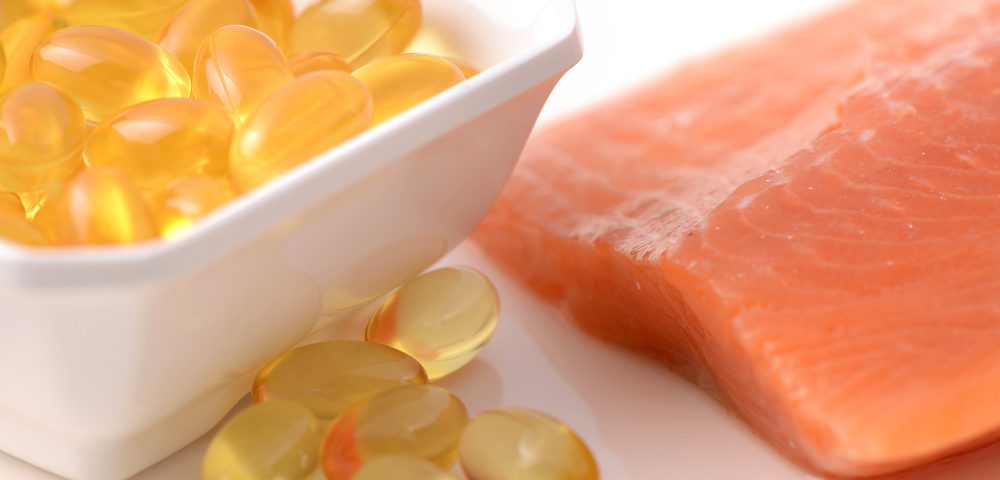Marine-derived omega-3 fatty acids have a stronger punch than flaxseed and other oils in cancer prevention, being eight times more effective at inhibiting tumor development and growth, according to researchers.
The findings are from a study at the University of Guelph in Canada titled, “Marine fish oil is more potent than plant based n-3 polyunsaturated fatty acids in the prevention of mammary tumours,” recently published in the Journal of Nutritional Biochemistry.
Marine-derived n-3 polyunsaturated fatty acids (PUFA), or omega-3s, like eicosapentaenoic acid (EPA) and docosahexaenoic acid (DHA), have been shown to inhibit the development of mammary tumors in animals. But the effects of plant-derived omega-3 remain controversial.
In this study, David Ma and his team aimed to compare the effectiveness of fish-derived omega-3 fatty acids to that of plant-based alfa-linoleic acid (ALA), the major n-3 PUFA in the Western diet.
ALA is found in edible seeds such as flaxseed and in oils, such as soy, canola and hemp oil. EPA and DHA are found in marine life, such as fish, algae and phytoplankton.
“This study is the first to compare the cancer-fighting potency of plant- versus marine-derived omega-3s on breast tumor development,” Ma said in a press release. “There is evidence that both omega-3s from plants and marine sources are protective against cancer and we wanted to determine which form is more effective.”
Researchers fed the different type of omega-3s to mice with highly aggressive HER2-positive breast cancer, estimated to affect about 25% of women. Mice were exposed to either marine-based or plant-based omega-3s beginning in utero.
“The mice were exposed to the different omega-3s even before tumors developed, which allowed us to compare how effective the fatty acids are at prevention,” Ma said. “It’s known that EPA and DHA can inhibit breast tumor growth, but no one has looked directly at how effective these omega-3s are compared to ALA.”
Exposure to marine-based omega 3s reduced the size of the tumors by 60-70%, and the frequency of tumor occurrence by 30%. For plant-based omega-3s, however, higher doses were required to deliver the same effect.
Looking at the effect of lifelong exposure to plant- or fish-derived omega-3s in these mouse models, researchers estimated that ALA was one-eighth as potent as EPA or DHA, and concluded that fish-derived omega-3s were more potent than plant-based omega-3s.
Ma said that in humans, two to three servings of fish per week should have the same effect. But other foods like supplements and functional foods like omega-3 eggs or DHA milk should have similar effects.
“Seeing the significant benefits omega-3s can have in combating a highly aggressive form of breast cancer means omega-3s will likely be beneficial for other types of cancer,” Ma added.
This study was conducted with funding from the Public Health Agency of Canada in partnership with the Canadian Institutes of Health Research-Institute of Cancer Research and the Canada Foundation for Innovation with Matching Funds from the Ontario Research Fund.

